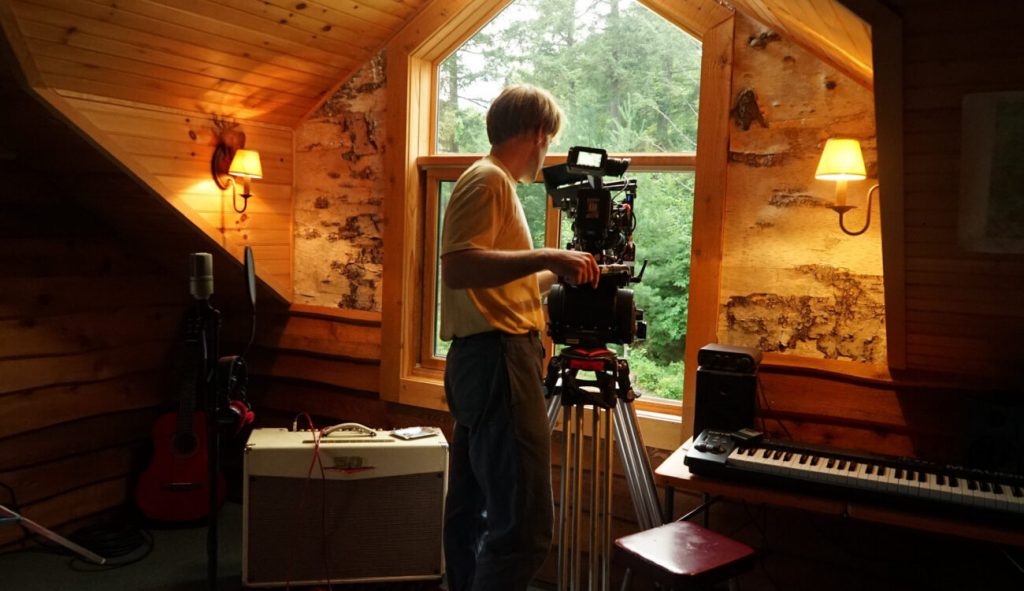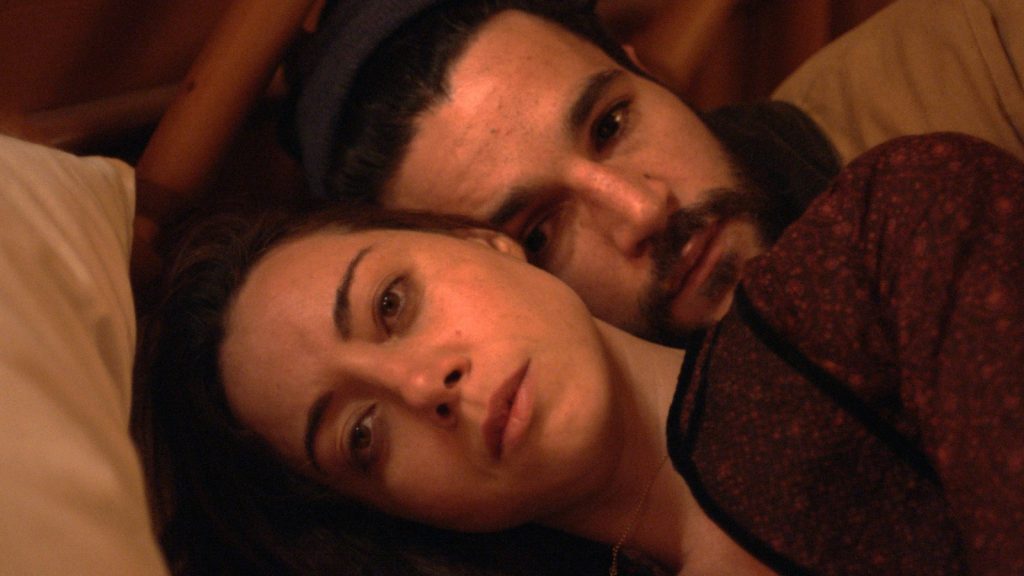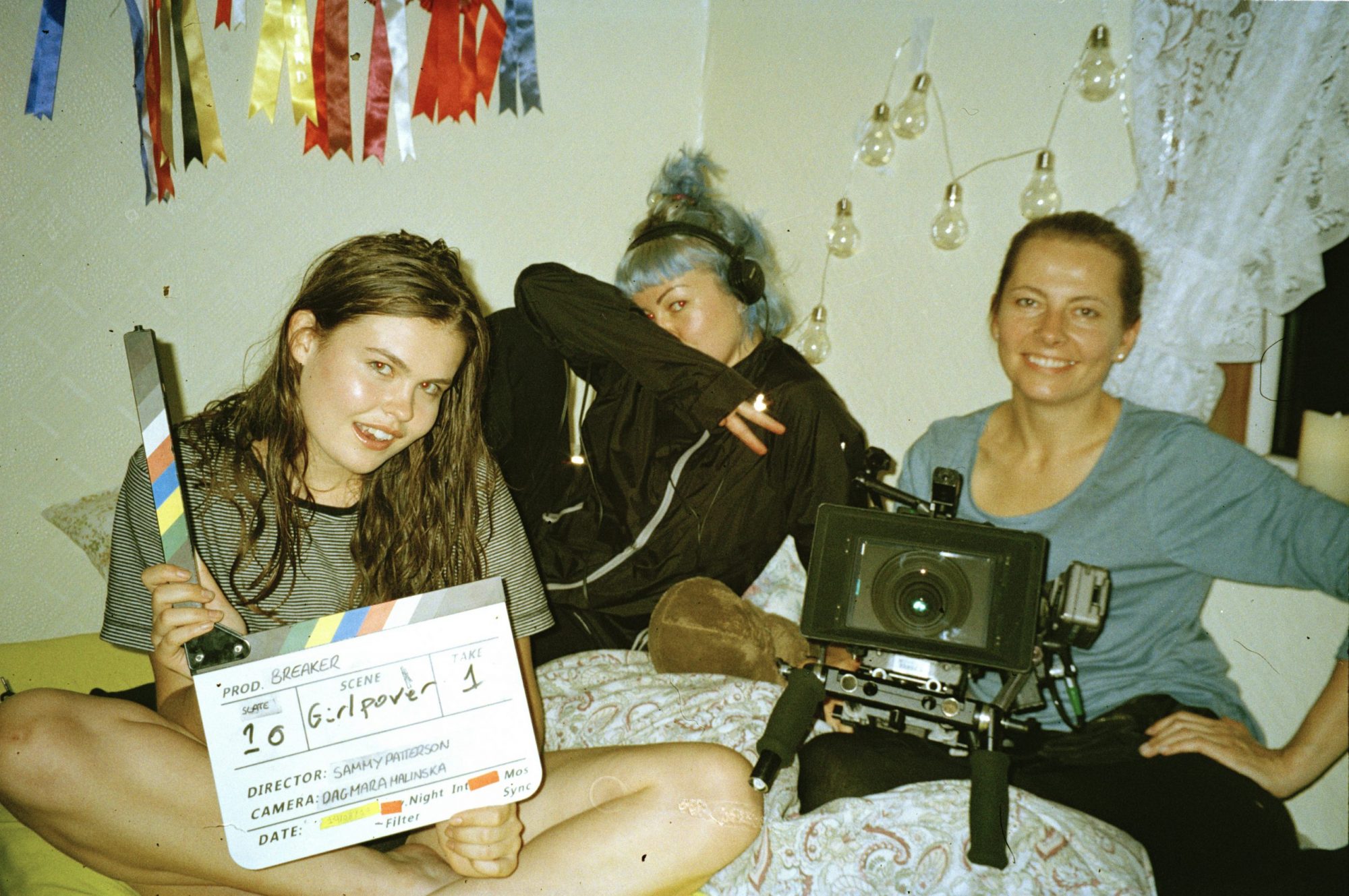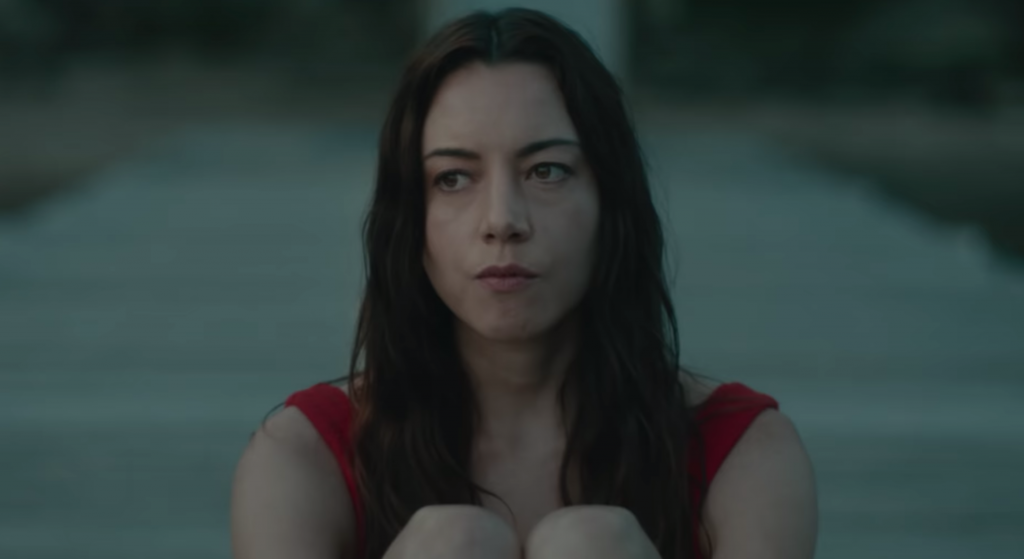The Bear on the Screen
By Stuart Phillips

A young 23, I was back home on leave from the Army, sitting in my mother’s new kitchen. My exit from the house had finally freed her and my step-father to renovate. Tiny bits of shrink wrap still clung to the new Viking range as we sat down to coffee.
“I wish Danny would’ve come down.” My father, Danny, was a drunk who lived in Memphis and saw me once a year when my Mom dragged me up to the city. I had been trying to call him every day since I got back from Ft. Dix, but he wasn’t answering.
My mother shrugged. “Doesn’t really matter. It’s not like he’s really your father.”

A tidbit that no one had thought to tell me for twenty-three years. As hard as that was to come to terms with, the hardest part was dealing with my shift in perceptions. My mother had just stripped away my understanding of the nature of my relationship with my step-father. My father.
Black Bear, written and directed by Lawrence Michael Levine, revels in these tectonic movements of reality where everything you thought you knew is suddenly turned sideways or backwards or upside down.
In today’s political climate, we’ve all become accustomed to gaslighting, but this film delves deeper, not just presenting a façade of reality, but making you question the nature of reality itself. It plays on Coleridge’s “willing suspension of disbelief” in ways that intrigue and infuriate, and ultimately leave you feeling that you spent 104 minutes well.
The story is simple on its face. Aubrey Plaza plays an actress/director who goes to a lodge in the woods to “maybe” work on a new project. She interacts with the young couple who own the lodge, played convincingly by Sarah Gadon and Christopher Abbott. They navigate through a series of sniping, reconciling, and cheating that ends poorly for everyone. Fine. We accept the characters and establish an equilibrium with each of these morally flawed characters. End Part One.

In Part Two, we see the first shift, with Plaza in the same lodge, now filming an indie movie possibly based on her earlier interactions. She has milked and mined the people and scenery around her and processed them into art. The director/husband gaslights her with a supposed affair to drive her to give an “inspired” performance, then, unsurprisingly, actually cheats on her. It’s an interesting change in the paradigm, but, at this point, would be written off as a quirky bit of film-making.
Then, the second shift, the one that makes the film not only worth watching, but worth thinking about. Without ruining it, suffice to say that we revisit Plaza in a scene that calls into question everything we’ve just seen. Was the detailed filming in Part Two a conjuration? Did the couple in Part One even exist? To what extent did the Plaza that we had come to know even exist? How can we re-establish an equilibrium with this—how many times can we suspend our disbelief and walk away satisfied, or at least not feel abused? Just like in real life, when the “reality” of art fluxes, you are left to deal with the consequences as best you can. That lesson is the true gift of Black Bear.
Watch Black Bear here.

